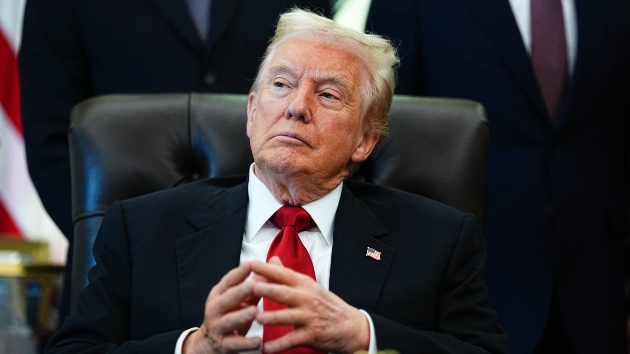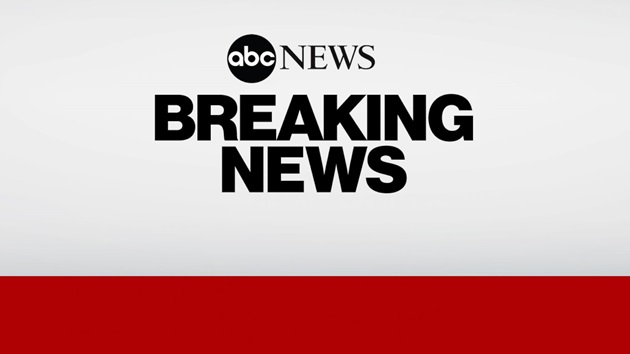Legal experts break down Trump indictment and unanswered questions
Written by ABC Audio ALL RIGHTS RESERVED on June 13, 2023

(WASHINGTON) — Prosecutors allege in the 49-page indictment of former President Donald Trump that he willfully retained documents containing sensitive defense information regarding nuclear programs and more, then tried to obstruct investigators trying to locate them.
“The indictment is very well spelled out,” Nick Akerman, a former Watergate prosecutor, told ABC News. “The charges are very specific, they go through every single one focusing on Trump’s knowledge, his intent and his involvement. The totality of the entire picture is damning.”
Breaking down the charges
The indictment includes 31 counts against Trump for the unauthorized possession and willful retention of national defense documents, charges that fall under the Espionage Act.
“This is a rarely charged act,” Neama Rahmani, a former federal prosecutor, told ABC News.
In order for prosecutors to get a conviction on these charges, they need to show Trump knew or had reason to believe the material could be used against the interests of the United States, according to a former assistant U.S. attorney Kevin O’Brien.
But while Trump has claimed without evidence that he declassified all the material, legal experts tell ABC News prosecutors would not need to prove the documents were classified. “The classification system really has nothing to do with the indictment,” O’Brien said.
The six remaining counts, including conspiracy to obstruct justice and making false statements, involve Trump’s alleged attempts to hinder investigators.
“If it had just been the fact that he had this stuff and he turned it over, there would never have been an issue here,” Akerman said. “But he had it and he went all out to make sure he kept it.”
The other charges against Trump are conspiracy to obstruct justice; withholding a document related to national defense; corruptly concealing a document elated to national defense; concealing a document in a federal investigation; scheming to conceal relevant information or evidence from law enforcement; and making false statements or representations to law enforcement.
The 31 counts brought under the Espionage Act are punishable by up to 10 years in prison per offense. The obstruction charges carries a maximum penalty of 20 years each, and the penalty for making false statements comes with a maximum prison sentence of five years.
But experts said Trump, if convicted, would face lower penalties.
“The expectation would be that the actual sentence would be much less,” Sarah Krissoff, a former federal prosecutor in New York and current defense attorney, told ABC News.
Absent from the indictment is any mention of the Presidential Record Act. Trump has falsely claimed he his retention of the documents is protected under the law, which is not a criminal statute.
Motive not mentioned
Still not asserted by prosecutors is why Trump took the documents and tried to keep them.
“The one thing that we do not get from this indictment is a picture of the motive,” Akerman said. “Why did he do it? Why was he so hell bent on taking those documents and doing everything he could to keep them?”
That includes what Trump intended to do with them.
The indictment detailed two instances where Trump allegedly shared classified information with others, once to a writer and publisher and another time to a representative of a political action committee.
But prosecutors in the indictment provided no evidence they believe Trump disseminated the information to a foreign government or other entity with the intent to harm the U.S., though the special counsel had requested documents from the Trump Organization related to potential business dealings with multiple foreign countries.
One possible explanation, Akerman said, was for political “retribution.” He highlighted one aspect of the indictment in which Trump is allegedly sharing a military plan on attacking Iran, which he referred to as a document that “totally wins my case.” A transcript appears to suggest that Trump was angry about what he said were comments from Joint Chiefs Chairman Mark Milley that Trump wanted to strike.
“But motive is not an element of any of the crimes, so it’s not something they necessarily have to put in the indictment,” Akerman said.
Experts said more could be revealed at trial.
“I think there’s more to discover what his motives were and what he did and how many documents are at stake,” O’Brien said. “I don’t think we know all the answers yet.”
Copyright © 2023, ABC Audio. All rights reserved.

 KVSP
KVSP 




